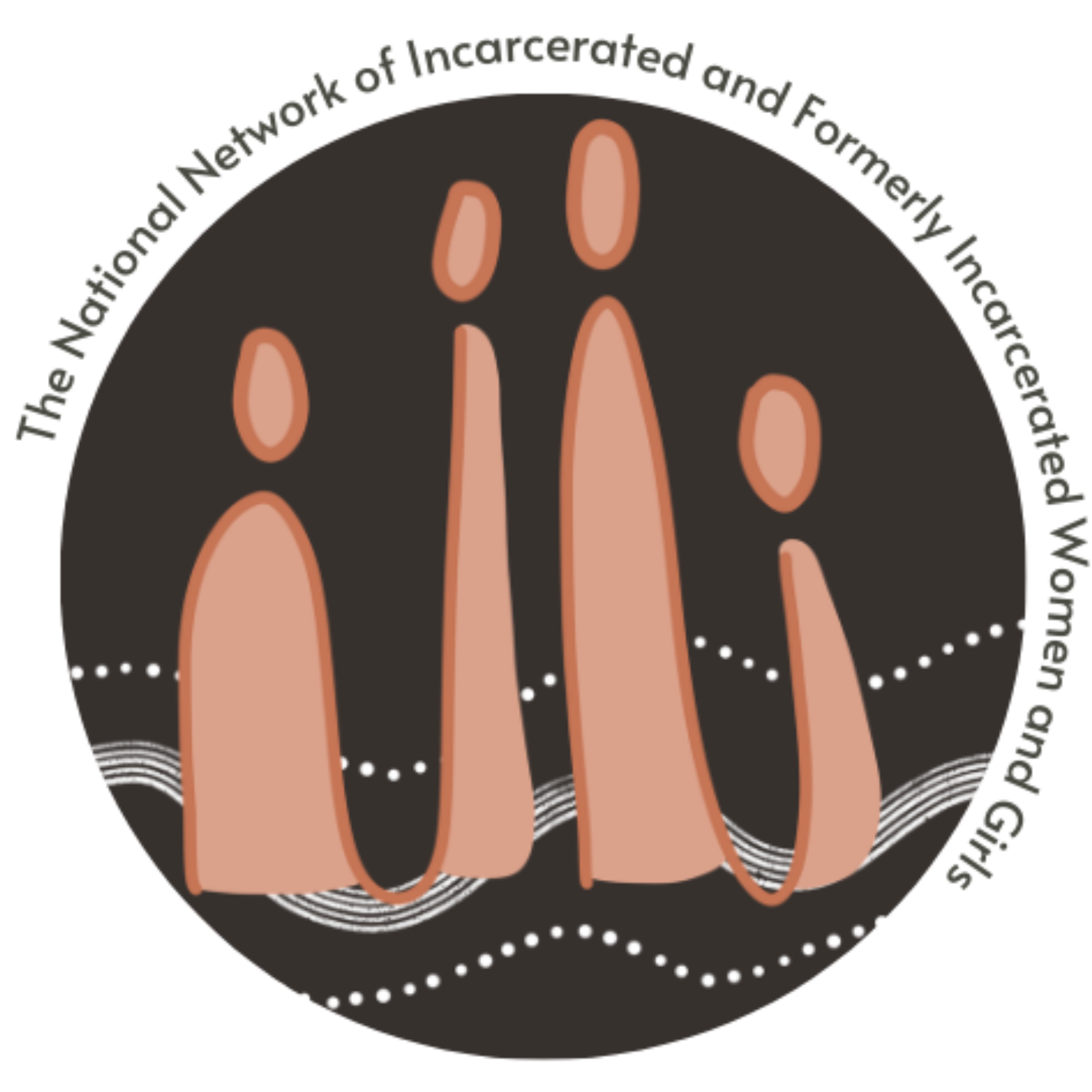The National Network Opposes Proposed Amendments to Queensland’s Criminal Code
The National Network strongly opposes the proposed bill to amend Section 267 of Queensland’s Criminal Code, which would allow individuals to lawfully respond to a home invasion with force that may cause grievous bodily harm or even death to someone entering a person’s premises.
‘As a National Network we echo the concerns raised by Queensland Law Society President Rebecca Fogerty, who urged deep caution regarding these amendments, when she stated, ‘the way the laws are drafted, it effectively amounts to a form of state-sanctioned murder’, said Debbie Kilroy.
‘The National Network does not support any changes to legislation that legalise any form of vigilante justice,’ said Debbie Kilroy. ‘If citizens are turning to vigilantism because they lack of confidence in the police and the criminal legal system, then let’s have a conversation about that. Deputising untrained community members to wield out violence with impunity is not the solution,’ said Debbie Kilroy.
‘As a National Network we are interested in working with communities and governments to address the underlying causes of violence in our communities, provide healing support to those who have been harmed, and develop strategies for repair and resolution,’ said Tabitha Lean.
‘Allowing people to use lethal force against home intruders will effectively sanction state-supported murders, and is a step backward for justice and equality,’ said Tabitha Lean. ‘Enabling people to shoot to kill, is a recipe for individuals with racist intentions to disguise their violent actions as self- defence, thereby promoting racial terrorism under the guise of home protection,’ said Tabitha Lean.
‘The National Network is an abolitionist organisation and we unequivocally do not support vigilantism in our communities because it undermines the principles of justice, equity, and systemic change that is central to our cause,’ said Debbie Kilroy. ‘Vigilantism perpetuates a cycle of violence, bypasses due process, and leads to unjust outcomes, particularly for marginalised groups who are disproportionately targeted and harmed,’ said Debbie Kilroy.
These proposed changes reflect a failure to address the root causes of so called crime and diverts attention from more effective, long-term solutions such as addressing socio-economic disparities, improving community resources, and fostering transformative justice practices.
For further comment, please contact Tabitha Lean 0499 780 226 or Debbie Kilroy on 0419 762 474

